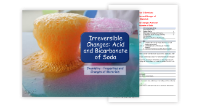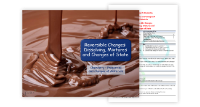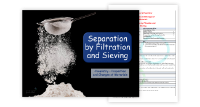Separation by Evaporation
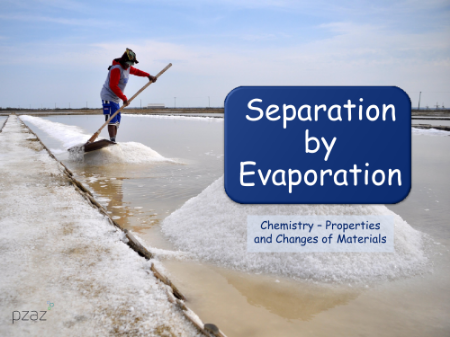
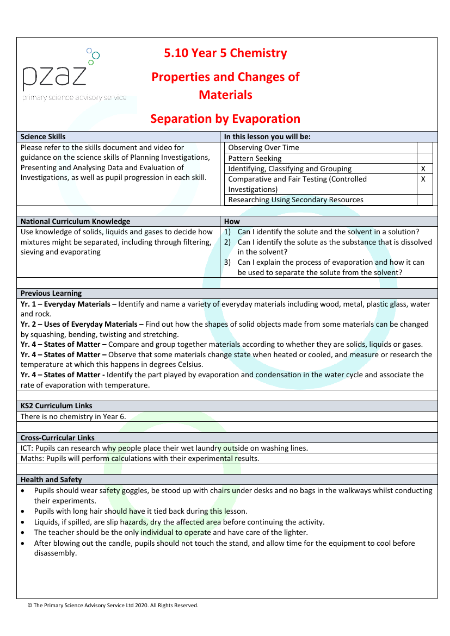

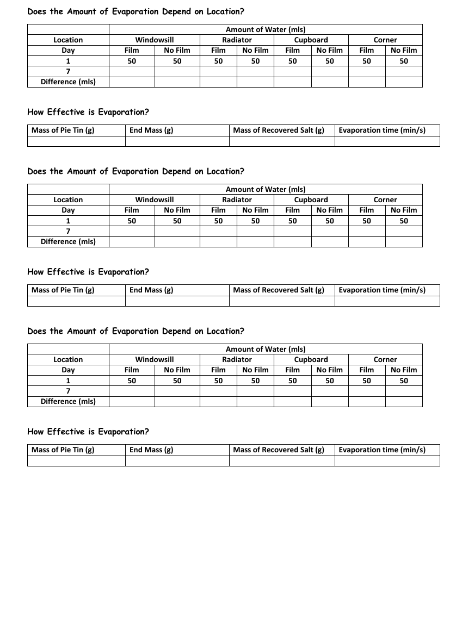
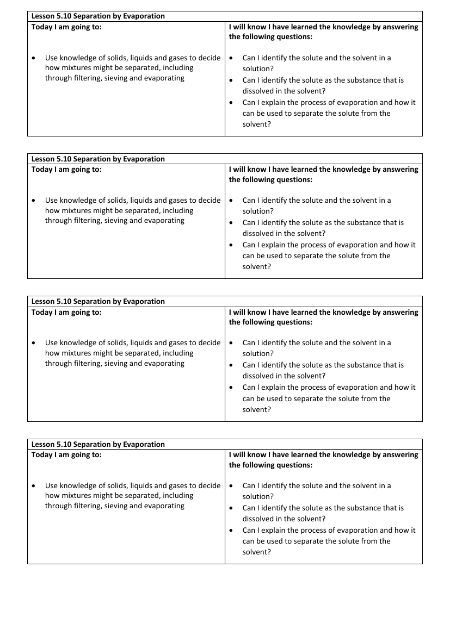


This lesson focuses on using knowledge of solids, liquids, and gases to separate mixtures through evaporation. Students will have previously learned about everyday materials and the states of matter in Year 1 and Year 4. The cross-curricular links to ICT and Maths are also noted, with pupils using research and calculations in their experiments. The lesson will address misconceptions related to evaporation, including that it turns the original liquid into a new substance, and that lots of heat is always required for evaporation to occur. Keywords, influential scientists, and important lesson guidance are also provided.
Activities
The lesson includes two activities: "Disappearing Water" and "Using Evaporation to Separate Solutes from Solvents." In the first activity, students will measure out 50mls of water into plastic cups, cover one cup with cling film, and observe the water loss over a week. In the second activity, students will use evaporation to separate salt from water. They will weigh a pie tin, add salt to it, measure 20mls of water and pour it into the tin, light a tealight and place it under the tin, and use a stopwatch to time how long it takes for the salt to fully dissolve.
Science Explained
The lesson explains that evaporation is a change of state from a liquid to a gas and that the heat or wind in the environment contributes to the rate of evaporation. Students will understand that water loss can be accounted for by evaporation and that the rate may be affected by factors such as airtightness and the environment.
Possible Questions
- Was there a difference between the cup with film and that without after 1 week?
- Where do you think the water went?
- Which location showed the greatest water loss? Why do you think this is?
- How long do you estimate it would take for the water to evaporate completely?




